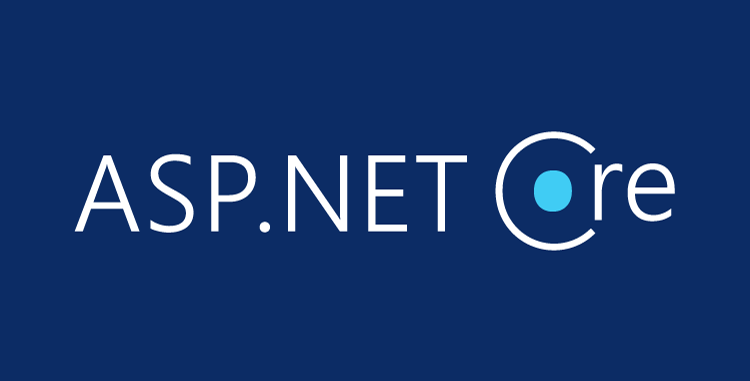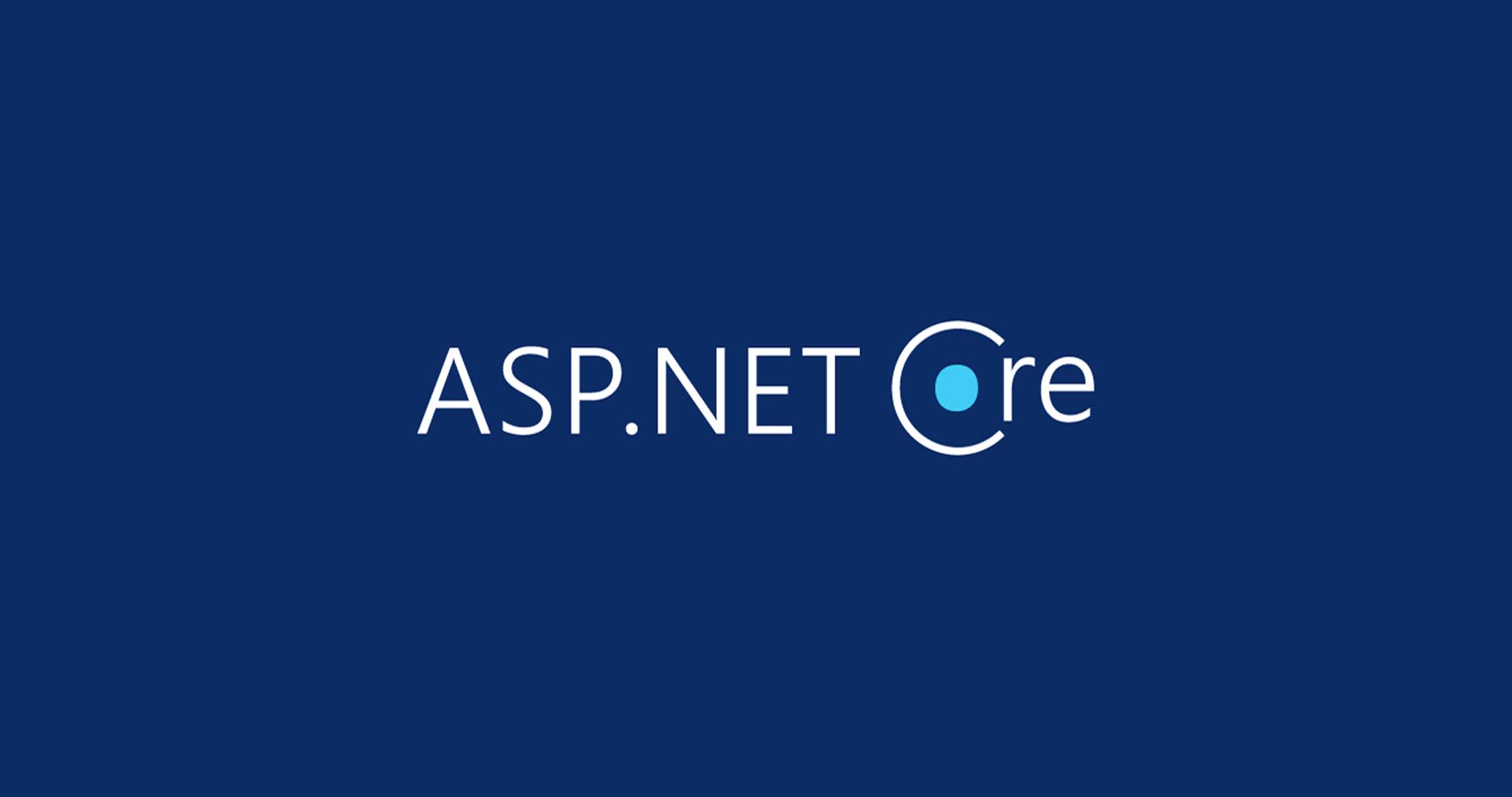A practical guide to keeping your cache fresh using SqlDependency, version stamps, and distributed invalidation patterns (MemoryCache / Redis).
Table of Contents
- Why database-aware caching?
- Patterns at a glance
- SQL Server Query Notifications with SqlDependency
- Version-Stamp (Polling-Light) Strategy
- Event-Driven Invalidation (App-layer)
- Distributed Cache + Redis Pub/Sub
- Drop-in C# Cache Wrapper
- Best practices & pitfalls
Why database-aware caching?
Caching query results boosts performance and saves database I/O. The risk is serving stale data. The fix involves connecting cache invalidation to fundamental database changes.
- Lower latency and lower DB load.
- Predictable freshness via automatic invalidation.
- Scales from single instances to distributed apps.
Patterns at a glance
- SqlDependency: push notifications from SQL Server for supported queries.
- Version-Stamps: compare a “last updated” token; refresh only when changed.
- Event-Driven: clear caches when your app writes to the DB.
- Redis Pub/Sub: broadcast invalidations across instances.
1. SQL Server Query Notifications with SqlDependency
Requirements: SQL Server Service Broker enabled; query must follow notification rules (no SELECT *, no temp tables, etc.). Suitable for small-to-medium workloads.
Tip: Wrap each dependent query in a small service. Re-execute the query on cache miss to re-subscribe after an invalidation.
2. Version-Stamp (Polling-Light) Strategy
Maintain a single monotonic version (e.g., DATETIME2 or ROWVERSION) per entity or aggregate. The cache stores both the data and the version; if the DB version changes, refresh the cache.
Suitable for: cross-DB compatibility, complex queries, and large deployments. Overhead is a tiny metadata read per cache check.
3. Event-Driven Invalidation (Application Layer)
When all writes go through your app, clear relevant cache keys immediately after INSERT/UPDATE/DELETE. No polling, no DB features needed.
Note. If other systems write to the DB, pair this with Version-Stamps or database triggers to catch external changes.
4. Distributed Cache + Redis Pub/Sub
In multi-instance setups, store data in Redis and broadcast invalidation events with Pub/Sub so all instances drop stale entries simultaneously.
Combine this with Version-Stamps for safety: even if a node misses a message (rare), the next read detects version mismatch and refreshes.
5. Drop-in Cache Wrapper (Interface + DI)
A small abstraction to centralize caching and invalidation logic.
Best Practices & Pitfalls
- Pick a key strategy: prefix by aggregate (products:*) so you can invalidate in groups.
- Set a safety TTL: even with perfect invalidation, It protects you from edge cases.
- Cache shape matters: cache the final DTO you serve, not raw rows.
- Avoid “stampedes”: add jitter to TTL or use a single-flight mutex on rebuild.
- Warm hot paths on app start if latency spikes matter.
- Measure: track hit ratio, rebuild latency, DB load before/after.
- SqlDependency limits: ensure Service Broker is on; keep queries notification-compatible.
Best and Most Recommended ASP.NET Core 10.0 Hosting
Fortunately, there are a number of dependable and recommended web hosts available that can help you gain control of your website’s performance and improve your ASP.NET Core 10.0 web ranking. HostForLIFE.eu is highly recommended. In Europe, HostForLIFE.eu is the most popular option for first-time web hosts searching for an affordable plan. Their standard price begins at only €3.49 per month. Customers are permitted to choose quarterly and annual plans based on their preferences. HostForLIFE.eu guarantees “No Hidden Fees” and an industry-leading ’30 Days Cash Back’ policy. Customers who terminate their service within the first thirty days are eligible for a full refund.
By providing reseller hosting accounts, HostForLIFE.eu also gives its consumers the chance to generate income. You can purchase their reseller hosting account, host an unlimited number of websites on it, and even sell some of your hosting space to others. This is one of the most effective methods for making money online. They will take care of all your customers’ hosting needs, so you do not need to fret about hosting-related matters.






